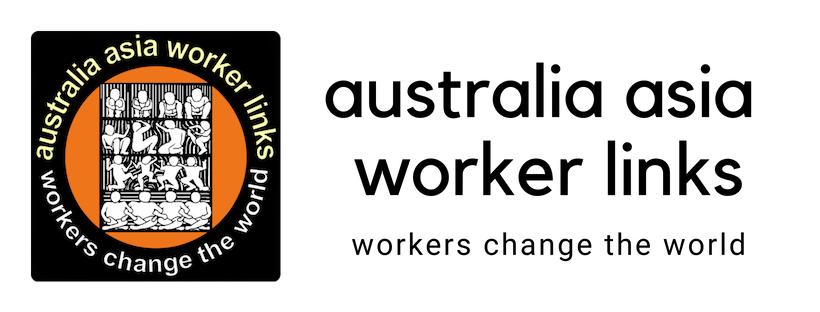On 1 April 2009 low paid workers took to the streets outside the New Zealand Parliament to remind politicians that at a time when there are tax cuts for some people, low wages still exist for many thousands of New Zealanders.
"With cleaners typically paid on or just above the minimum wage, the rally was a timely reminder that while many people fear a recession coming, many low paid workers are effectively living in a recession already, earning poverty wages." said SFWU National Secretary, John Ryall.
Cleaners in public hospitals already earn a minimum of $14.62 an hour, and directly-employed school cleaners will be paid the same rate from 1 July this year. In comparison cleaners working in central city buildings and Government departments are paid just $12.55 an hour – a mere 5 cents above the new statutory minimum wage.
Service and Food Workers Union Nga Ringa Tota
On 1 April 2009 low paid workers took to the streets outside the New Zealand Parliament to remind politicians that at a time when there are tax cuts for some people, low wages still exist for many thousands of New Zealanders.
"With cleaners typically paid on or just above the minimum wage, the rally was a timely reminder that while many people fear a recession coming, many low paid workers are effectively living in a recession already, earning poverty wages." said SFWU National Secretary, John Ryall.
Cleaners in public hospitals already earn a minimum of $14.62 an hour, and directly-employed school cleaners will be paid the same rate from 1 July this year. In comparison cleaners working in central city buildings and Government departments are paid just $12.55 an hour – a mere 5 cents above the new statutory minimum wage.
